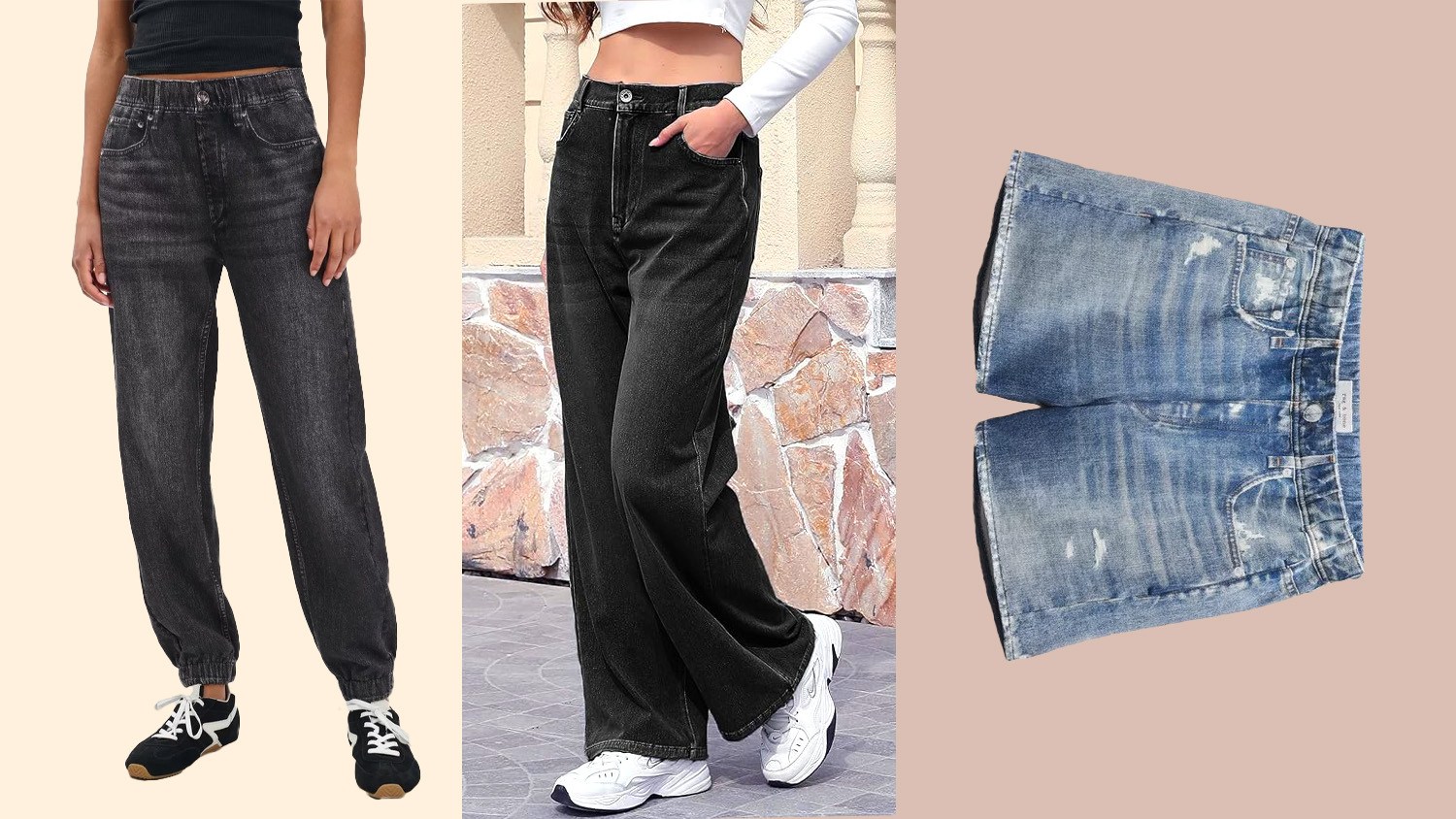POUTSMOUTH, Va. (WAVY) — Summer means mosquitoes, and that means a higher risk of getting West Nile virus, and while symptoms are often mild, it can present problems for older adults.
This virus is nothing new. The first U.S. outbreak actually took place in 1999. Fast forward to the current year and the country’s in the midst of a new flare-up, but does it affect the Commonwealth?
Well, per the CDC, Virginia has landed on a list of 14 states hit with West Nile virus human disease cases in 2025.
Dr. Prachi Chavan with the Old Dominion University-Norfolk State University Joint School of Public Health said the first case in the Commonwealth dates back to 2002. And as for the most recent trend spreading nationwide, it’s weather-influenced.
“Right now, we are experiencing the hottest weather,” she said. “Forever, we are surrounded by water, so if you look at the statistics, the number of cases have been rising, especially from the year 2021 in and around the Hampton Roads region.”
On a broad scale, summer going into early fall is when the bite rate is highest, but in the south where warmer temperatures hover year-round, a consistent breeding ground is formed.
There is a specific type of mosquito that spreads this virus — the culex pipiens species.
“Only one and five people who are bitten by this mosquito or who get this virus actually show symptoms,” Chavan said. “Twenty percent of the people show symptoms, 80% remain asymptomatic and less than 1% actually show very severe symptoms.
West Nile becomes fatal if it develops into severe infections such as meningitis or encephalitis.
“In this situation, the person can become paralyzed, the person can slip into coma,” she said. “People who are greater than 50 or greater than 60 years of age, or if they have, immunocompromised conditions such as cancer or diabetes are at more risk of actually getting the West Nile virus.”
West Nile Virus symptoms are typically flu-like, and there is currently no treatment or vaccine on the market. Precautionary measures to protect yourself is to consistently use mosquito repellant, keep your screens and windows clean, dump any standing water, and cover your arms and legs when possible.






